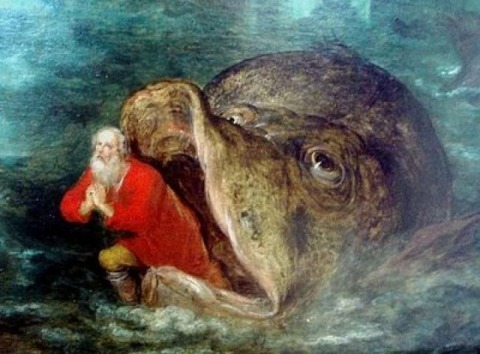
Liberalism is said to mean believing in liberality, which is generosity. Though generosity is a real virtue, it lies between opposite vices. The interesting question, then, is not whether you are in favor of liberality. Instead let us ask: How do you recognize and avoid covetousness on the one hand, and prodigality on the other?








